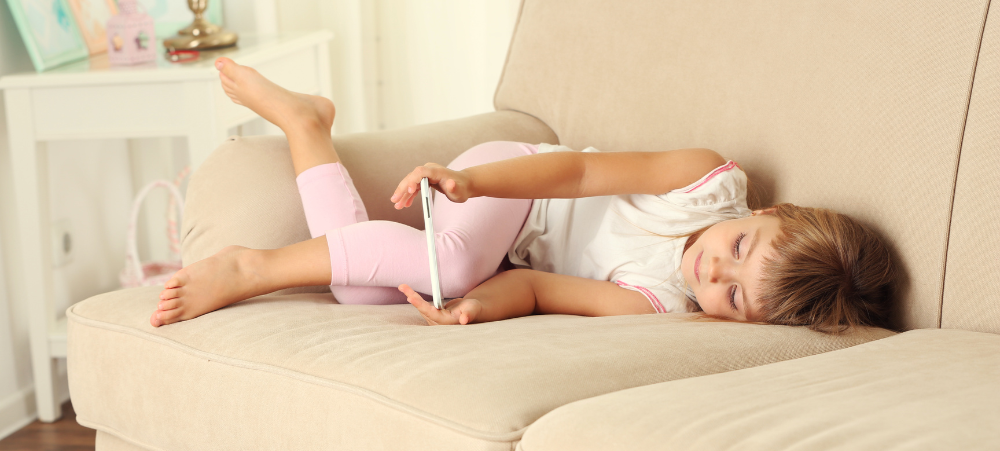The usual advice includes tips on how to help your kids navigate the transition to online learning, how to keep them busy and avoid boredom, and why schedules and routines are important now more than ever. All but one of the bases is covered, and that base is unstructured play.
Why Is Unstructured Play Important?
Unstructured play, also known as free play, has no specific learning outcome. But don’t let that put you off. Numerous studies show that unstructured play is an important part of your kid’s physical, emotional, mental, and social development.
Unstructured play is especially crucial for the development of three skills:
- Creativity and imagination: The absence of fixed rules allows children to create their own guidelines
- Problem-solving abilities: During free play, kids work together to solve problems such as who takes the first turn in a game and establishing other rules of play
- Social skills: Free play encourages kids to take turns, learn to share, and make decisions together
How to Encourage Unstructured Play
The idea of unstructured play might be completely foreign to parents who value routine. Here are a few tips to help encourage free play among your kids:
Don’t Make it Part of a Routine
Kids thrive on routine, but extremely rigid schedules and heavy parental control are not always beneficial for their development. A fundamental part of growing up is learning how to tackle new challenges and going beyond predetermined routines. Instead of adding unstructured play to your routine, look for opportunities to incorporate it into your day.
For instance, the next time you head out to your favourite burger restaurant, let your kids run wild in the play area. Selected Wimpy Playworlds around the country are open and have all the necessary hygiene protocols in place to let your little one play safely.
Let Your Kid Take the Lead
If your kid is used to following a set of rules all the time, they never get the chance to think outside the box and practise being in control. If your kid is using their bubble wand as a drum, that’s fine. Stepping in often takes away your kid’s autonomy to create something new. Instead of telling them that their wand is strictly for blowing bubbles, say something encouraging like, ‘I didn’t realise that was a drum. That’s really interesting!’
Bring Playfulness into Everyday Activities
Incorporating playfulness into everyday tasks such as clearing the table or cooking dinner turns mundane chores into spontaneous play sessions. You can invite your kids to get creative and add food colouring to their favourite dishes, make square pancakes, or turn the family garden into a pretend farm.
In our fast-paced, digitally-enhanced lives, it’s easy to lose sight of an age-old development tool that comes naturally to our kids. You can let your kid learn and thrive by simply giving them the freedom to play – with you, their peers, or on their own.
We understand that there are many aspects that encompass a Mother, Father or Child and strive toward providing resources and services that accommodates this.
Our content is aimed to inform and educate families on issues starting from pregnancy through to the challenges of the teen-age years.
- Say Hello to the Ultimate Holiday Brunch Bite - December 17, 2025
- Tiny Toons Looniversity Returns: Meet the Voice Behind Plucky and Hamton! - December 12, 2025
- From Pain to Possibility: Panado®’s New Marketing Campaign, Highlights The Joy Of Pain Relief - December 10, 2025





